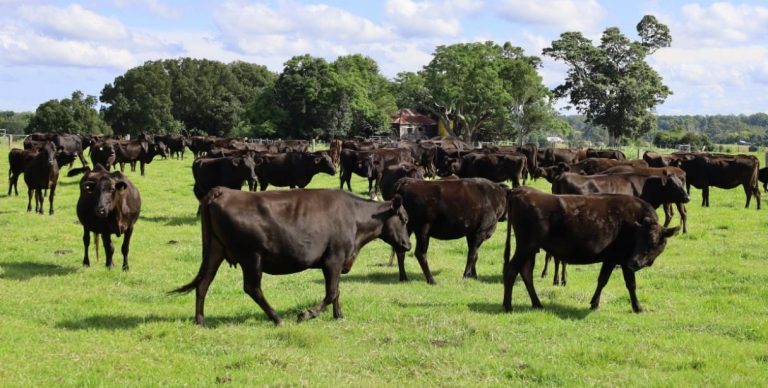
Green projects face farmer hurdles: Tony Mahar
Energy infrastructure tsar Tony Mahar says green energy developers have a long way to go to meet farmers’ concerns and earn their trust.

Energy infrastructure tsar Tony Mahar says green energy developers have a long way to go to meet farmers’ concerns and earn their trust.

Feb 28th, long-serving staff from Australia’s resources, agriculture, and businesses celebrated Executive Chairman Mrs. Gina Rinehart AO’s February birthday and long-serving employees for their decade of service.

Country councils at the forefront of the renewables transition say the very communities being asked to power the nation could be the biggest losers.

A Coalition senator has labelled a failed $2.3 million social media campaign for the Labor Government’s decision to phase out live sheep exports from WA as a “shocking waste of tax payer money”.

Watch as Donald Trump delivers a powerful keynote at CPAC 2025, addressing America’s future!

Rinehart has once again taken the cake as Australia’s richest person.

The real cost of inefficient climate policy is that it distracts resources and attention from other priorities.

While some say the potential income from carbon has sent the price of land in prime carbon farming territory rocketing, others complain that the opaque business structures and focus on confidentiality have driven their property’s value down.

GINA Rinehart’s relentless expansion into Wagyu beef production has continued into 2025, with her Hancock Agriculture and 2GR Wagyu business recently settling on its off-market purchase of 10,000ha Wongaboori Station in central western NSW.

Sky News host Paul Murray slams Labor’s nature positive legislation spin.

Merry Christmas, Aussie Spectators! Yes I know December is not looking too Chrissie prepared, with rising electricity costs, aircon over summer subject to government planning, that is looking rather unreliable, record business failures, farmers and pastoralists struggling, especially under government tape burdens (like the rest of us), dwindling investment, the resources pipeline list turning into the 80 per cent causality list, and the costs and housing and crime and hospital crises fuelled by far too many government selected immigrants, such crises hurting too many Australians. And seven continuous quarters of standard of living decline, this long decline is a record.

Australian Workers Union boss Paul Farrow has joined senior Tasmanian Labor figures in -demanding that Environment Minister Tanya Plibersek end uncertainty for salmon workers and put their livelihoods ahead of the “exaggerated concerns of inner-city activists”.

